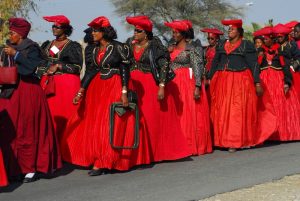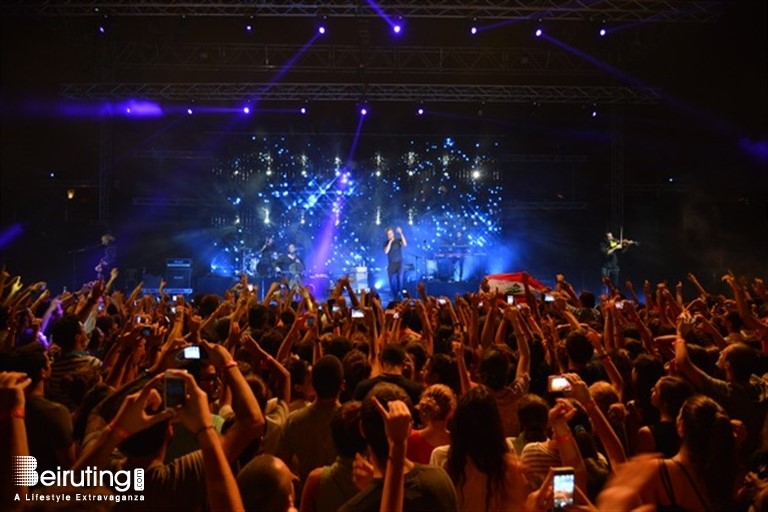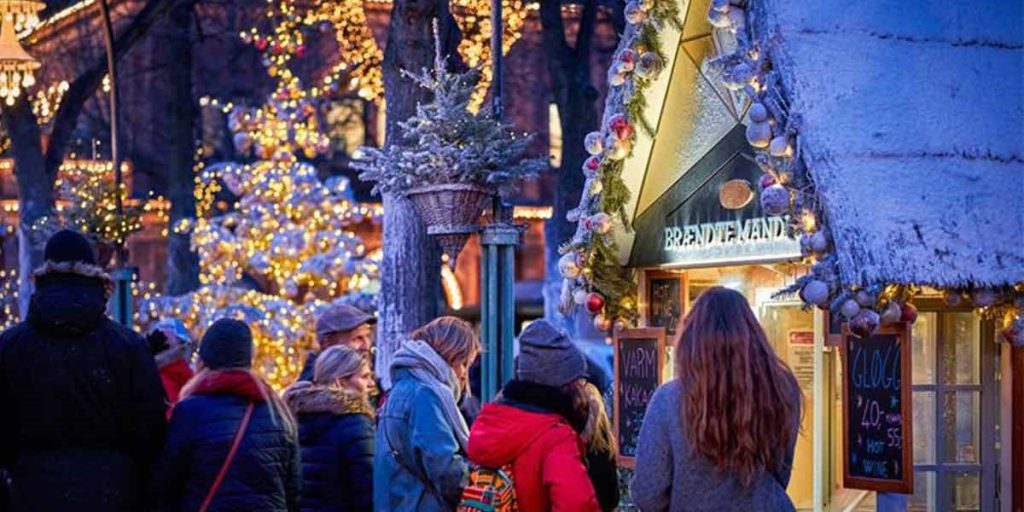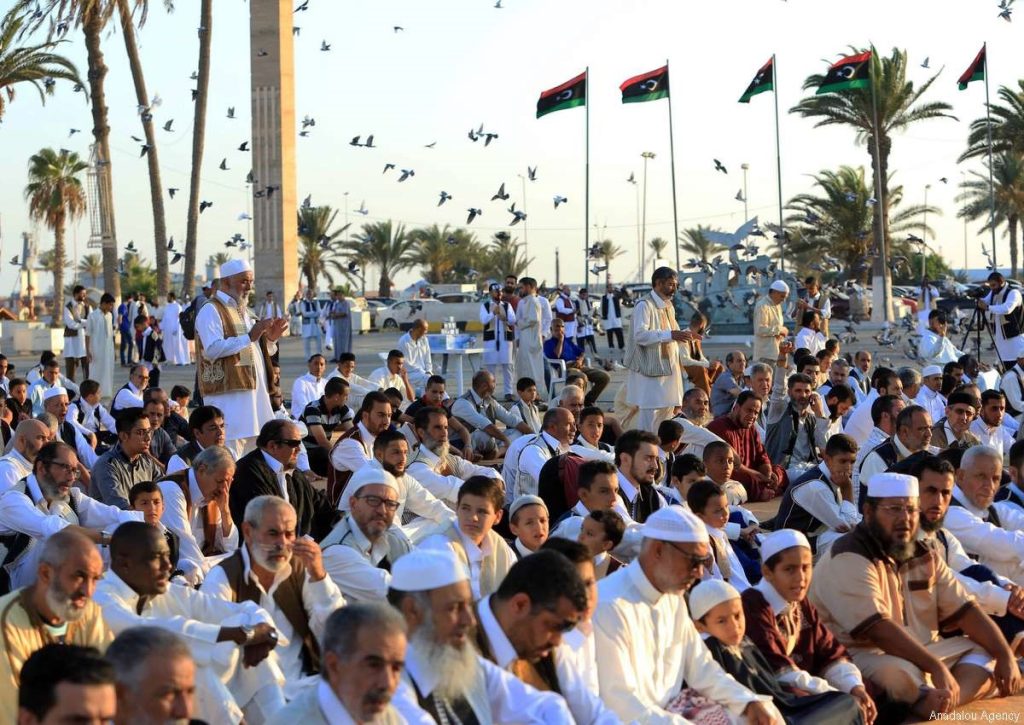Namibia is a diverse country with many different cultural groups, each with their own unique festivals and celebrations. Here are some of the most important festivals in Namibia:
Himba Cultural Festival
The Himba Cultural Festival is held in the Kunene Region of Namibia and celebrates the traditions and customs of the Himba people. It usually takes place in May and includes traditional dance performances, music, and storytelling.
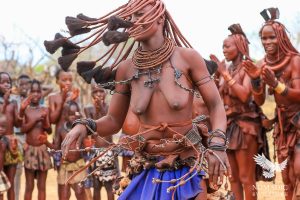
Caprivi Arts Festival
The Caprivi Arts Festival is an annual event held in the Caprivi Region in August. It is a celebration of music, dance, and arts, showcasing local artists and performers.
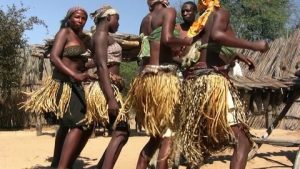
Kaombe Festival
The Kaombe Festival is a traditional celebration of the Herero people, held in August in Okahandja. The festival features traditional Herero clothing, food, and music, and is a tribute to their ancestors.
Windhoek Karneval
The Windhoek Karneval, also known as the Namibian Carnival, is a lively celebration of German culture in Namibia. It takes place every year in late October or early November and features parades, music, and traditional German food and drinks.
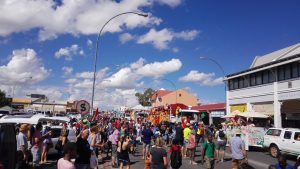
Ongwediva Annual Trade Fair
The Ongwediva Annual Trade Fair is a commercial event held in the town of Ongwediva in August. It provides a platform for local and international businesses to showcase their products and services.
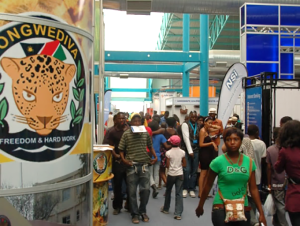
Independence Day
Namibia gained its independence from South Africa on March 21, 1990, and Independence Day is celebrated every year to commemorate this historic event. The day is marked with parades, cultural performances, and speeches by government officials.
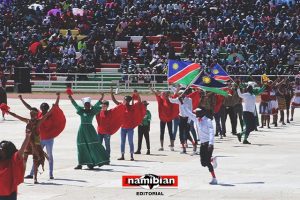
Herero Day
Herero Day is celebrated on August 23 every year, and is a significant day for the Herero people. It commemorates the Battle of Waterberg, which took place in 1904 during the Herero and Namaqua genocide.
